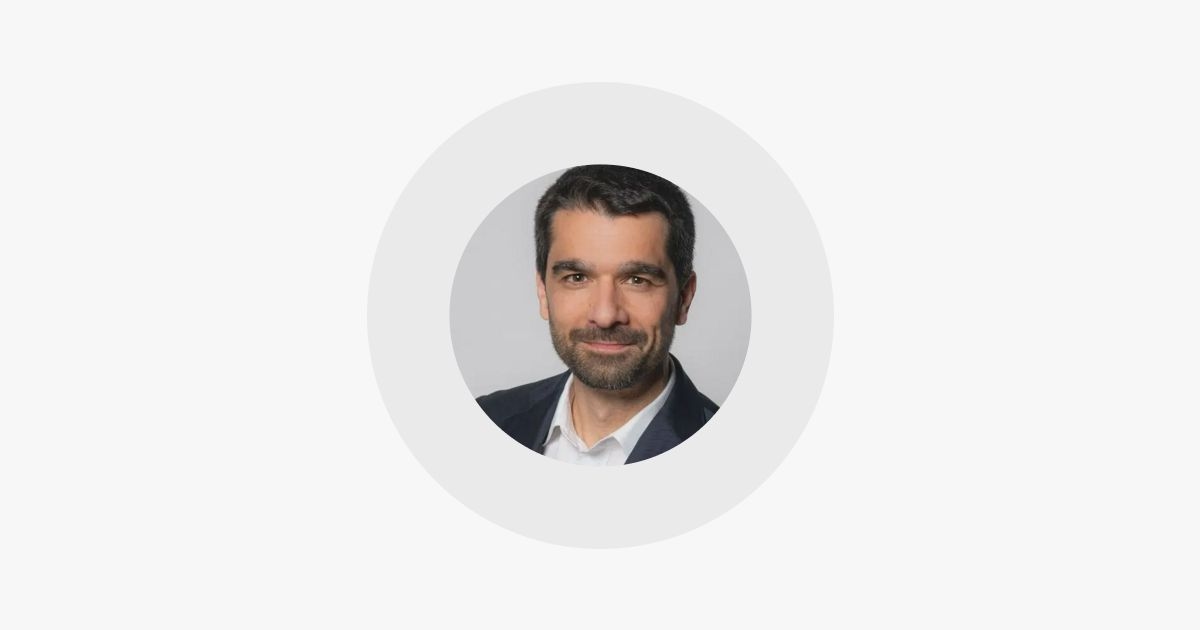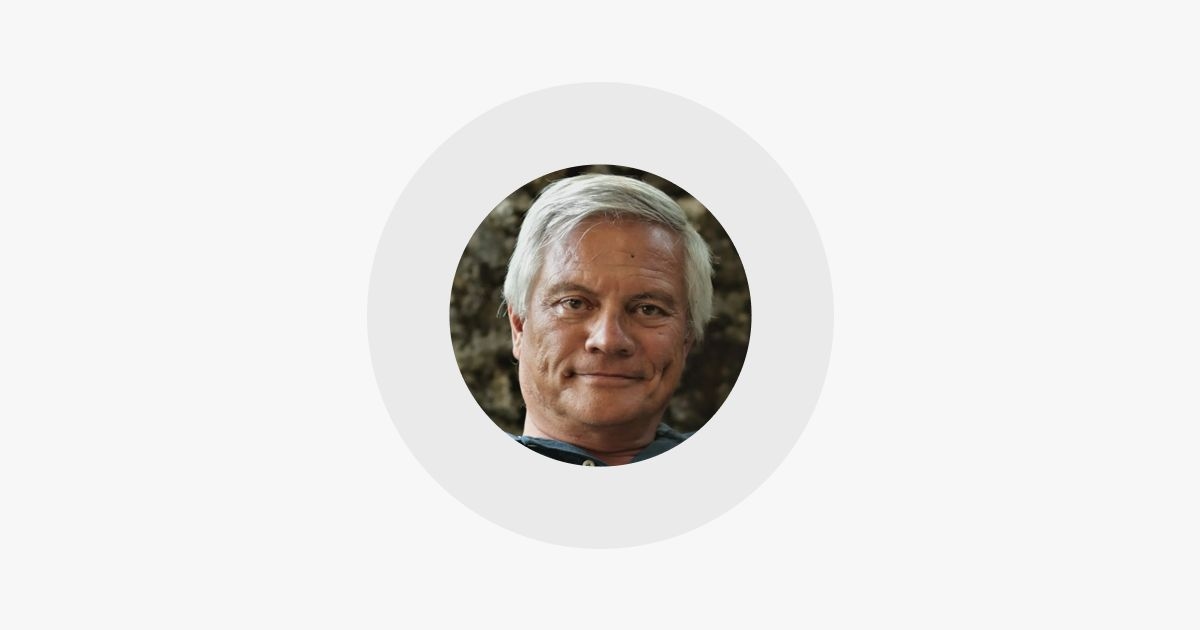Liberalism: the forgotten tradition

In his article "Liberalism in Crisis ," published in Observador , Miguel Morgado recalls that liberalism was the most transformative intellectual force in the West, reorganizing societies and values until it became the common grammar of democratic politics – both on the left and the right.
Morgado observes, however, that liberalism has been losing its luster and is in retreat. In his view, this fundamentally results from the central dogma of liberalism: the absolute sovereignty of the individual over himself.
It doesn't seem to me that this is the "blind spot" of modern liberalism.
In contrast to socialism or conservatism, which are more socialistic or communitarian philosophies and therefore more concerned with collective issues, liberalism proposes to expand the degrees of individual autonomy.
In their social model, liberals understand concepts such as people, community, nation, society, tradition, culture, or classes as emergent realities – formed by millions of individual interactions, institutions, and bottom-up generated behaviors – and that they should not be subject to deliberate political management.
In practice, these concepts translate into networks, institutions, and organizations. These have a collective character, distinct from collectivist, which requires a "social" language. Liberalism has never felt comfortable with this language, and this limitation has reduced its implementation in these spaces.
This void was exploited precisely by those who had a more social language. By conservatives, who speak of fraternity, community, and tradition. But above all by socialists, who speak of solidarity, society, and progress. Liberals, the first defenders of civil society, were excluded from these spaces of sharing and power.
Over time and with distance, liberals have lost empathy for feelings of belonging – to a shared class, community, or culture.
Modern liberals have failed to grasp these dynamics of public power. They have remained stuck in an individualistic rhetoric, soon labeled "atomism" by their adversaries.
What is truly tragic is that communal life has been a subject of profound reflection for many liberal thinkers – especially the giants of the liberal tradition.
Locke reformulated the theory of the social contract, proposing that individuals leave the state of nature to form a community (commonwealth) that protects individual rights – life, liberty, and property. Adam Smith, usually placed in the liberal-economic field, wrote The Theory of Moral Sentiments seventeen years before The Wealth of Nations, explaining how social and moral life precedes economic logic.
From the liberal-conservative perspective, Burke argued that freedom is only sustained by intermediate institutions – traditions, customs, and social bodies – that give continuity and meaning to community life. From the more social liberal perspective, John Stuart Mill showed that individual freedom flourishes in an environment of diversity, and that society flourishes when it protects difference against conformity.
For Hayek, it is civil society, through its norms and institutions, that organizes the dispersed knowledge without which individual freedom cannot exist.
These approaches are part of the liberal tradition – but have been largely abandoned.
The inability to understand those power structures – which do not involve the State – ended up distancing liberals from the people – and from their needs, anxieties, ambitions, hopes, and human experiences.
This detachment from the human element has often translated into a "neoliberal" discourse – technocratic, focused on taxation, accounting, and statistics – where the language of passion for freedom has given way to the language of management, which is anything but inspiring.
To reiterate, the reason for some of liberalism's loss of luster is not the defense of individual sovereignty, but rather its reduction to an intellectual individualism detached from people's lives.
Therefore, there is no way to act upon culture, influence debate, and participate effectively in the exercise of power.
The good news is that liberal ideas continue to be the most powerful for liberating the human spirit.
It is necessary for liberals to recover their luminous tradition of research into human nature, into how people choose to live, into social phenomena – and of recognizing the social wonders created and experienced by free people.
Liberals should advocate for the values of sharing human experience – unfortunately appropriated by conservatives and socialists – to be reinvigorated by liberal energy, creativity, and hope.
Liberals must return to speaking of community and order, of society and exclusion, of possibilities and opportunities, of uncompromising moderation in the face of intolerance, of the common good sustained by freedom.
With imagination, inspiration, and aspiration. With responsible rebellion. With seduction. With danger.
And with the people.
Recovering this tradition is essential for a society that we need to be more free.
observador




